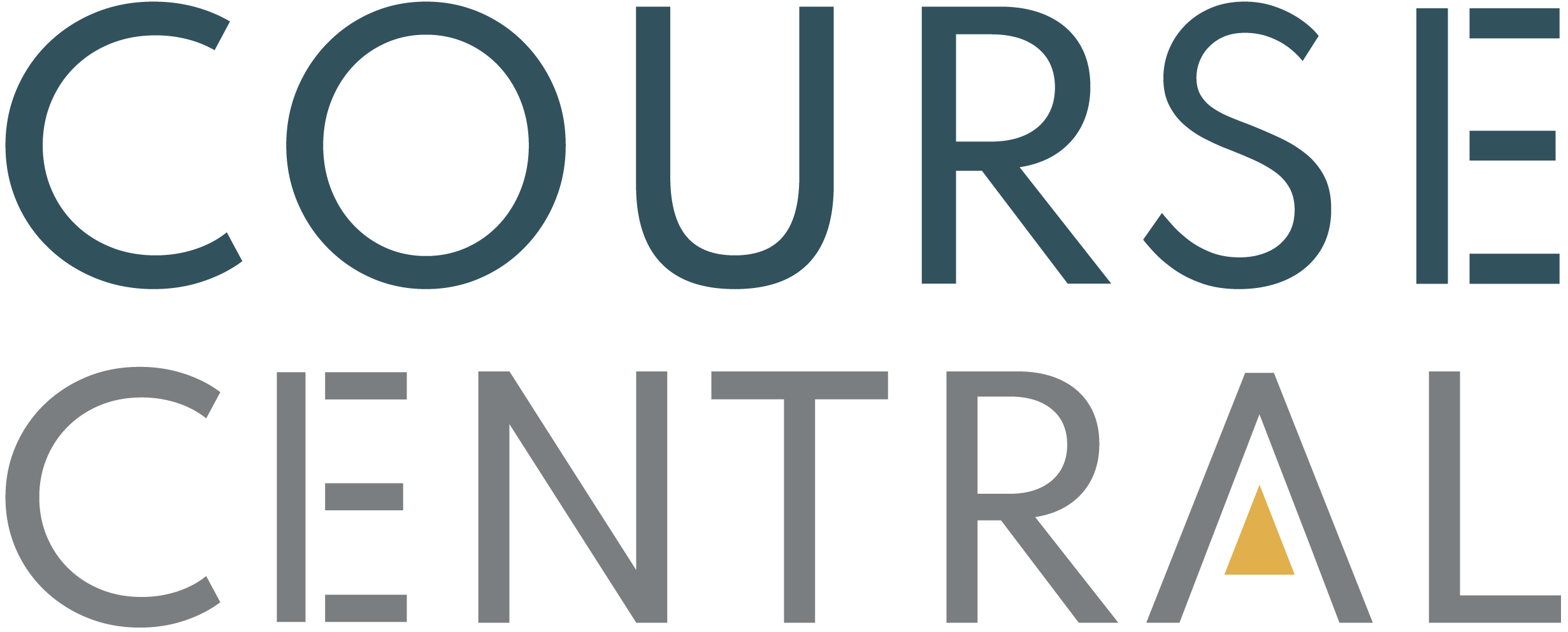Setup Menus in Admin Panel
Mastering Soft Skills: The Crucial Traits for Effective Leadership
Leadership has transcended traditional hierarchical roles in today’s rapidly evolving business landscape. Leaders are no longer just managers; they are influencers, collaborators, and innovators who guide their teams towards success. While technical competence is undeniably essential, soft skills genuinely distinguish exceptional leaders. Recent data and studies underline the significance of these skills in driving innovation, fostering collaboration, and ensuring team cohesion. This comprehensive exploration delves into the critical soft skills that pave the way for effective leadership, providing you with a thorough understanding of their impact.
Communication: The Backbone of Leadership
Assertive communication is the foundational pillar of effective leadership. Recent research by the Institute of Leadership and Management reveals that effective communication is about conveying messages and engaging, inspiring, and aligning teams. A leader’s ability to articulate a compelling vision, set clear expectations, and provide constructive feedback is directly linked to the team’s performance and overall success.
In global teams and remote work, communication becomes even more paramount. A study by the Project Management Institute found that 90% of high-performing projects have actively engaged stakeholders. Clear and transparent communication fosters trust among team members, enhances collaboration, and minimises misunderstandings that hinder progress.
Moreover, a report by Harvard Business Review indicates that leaders who prioritise communication are 3.5 times more likely to outperform their peers regarding overall team performance. Influential leaders understand that communication is not just a skill; it’s a strategy that builds bridges, connects visions, and strengthens relationships.
Communication and Employee Engagement
Emotional Intelligence: The Key to Empathetic Leadership
Emotional intelligence (EI) has emerged as a defining trait of successful leaders. A study conducted by the World Economic Forum predicts that by 2025, emotional intelligence will be among the top 10 skills required for all jobs. EI encompasses self-awareness, self-regulation, social awareness, and relationship management—qualities that allow leaders to navigate complex interpersonal dynamics with finesse.
The connection between emotional intelligence and leadership effectiveness is well-documented. A report by McKinsey & Company reveals that leaders high in EI tend to foster higher levels of engagement and job satisfaction among team members. Furthermore, according to the Centre for Creative Leadership, leaders with high EI scores are more likely to succeed in leadership roles and outperform their peers.
The implications of emotional intelligence extend beyond team dynamics. Research from Yale University suggests that leaders with high EI adapt more to managing stress, making sound decisions, and exhibiting resilience in facing challenges. As businesses increasingly value collaborative and empathetic leadership, emotional intelligence is a cornerstone for future leaders.
Emotional Intelligence and Financial Performance
Adaptability: Thriving in the Face of Change
Adaptability has become synonymous with effective leadership in today’s fast-paced world. Recent technological advancements, market disruptions, and global events have emphasised the need for leaders who can confidently navigate uncertainty. A report by Deloitte highlights adaptability as one of the critical skills leaders need to thrive in the VUCA (volatile, uncertain, complex, ambiguous) environment.
Adaptable leaders are responsive to change and proactive in driving it. A study by the Project Management Institute indicates that organisations led by flexible leaders are 1.5 times more likely to achieve above-average financial performance. Moreover, a survey by LinkedIn reveals that adaptability is among the top skills employers seek, highlighting its universal importance.
Adaptability in the Remote Work Era
Problem-Solving: Navigating Complexity with Confidence
In a world of intricate challenges, problem-solving skills are a linchpin for effective leadership. The ability to analyse situations, identify innovative solutions, and make informed decisions is paramount for guiding teams towards success. A study by the World Economic Forum ranks complex problem-solving as the top skill needed for the future workforce.
Problem-solving is not limited to technical issues; it extends to strategic planning, conflict resolution, and driving innovation. According to a report by the Centre for Creative Leadership, leaders who excel in problem-solving are likelier to drive positive change within their organisations. Additionally, a National Association of Colleges and Employers study indicates employers value problem-solving skills more than any other competency.
Problem-Solving and Innovation
Collaboration: Cultivating Cohesive Teams
Collaboration has transitioned from a desirable trait to an essential skill for effective leadership. A global study by Steelcase and Microsoft found that 72% of employees believe fostering a collaboration culture directly impacts their productivity. Leaders prioritising collaboration creates an environment where diverse perspectives are valued and cross-functional teams work seamlessly.
Effective collaboration involves communication and building relationships, encouraging participation, and leveraging team members’ strengths. A survey by the Project Management Institute reveals that projects led by collaborative leaders are 40% more likely to meet goals and objectives. The Harvard Business Review emphasises that leaders who can facilitate collaboration are better equipped to tackle complex challenges and drive innovation.
Collaboration and Employee Retention
Conclusion
Soft skills have taken centre stage in a world where leadership is defined by influence, inspiration, and impact. The data speaks for itself: leaders with solid communication, emotional intelligence, adaptability, problem-solving, and collaboration skills are not just successful—they are transformative forces within their organisations.
As you embark on your leadership journey, remember that soft skills are not static attributes; they can be honed and refined through continuous learning and practice. Whether leading a team, managing projects, or guiding an organisation, cultivating these skills will undoubtedly set you on a path to becoming an effective and influential leader who makes a lasting difference.
Soft Skills and Business Outcomes
Other related courses:
© 2024 Course Central | website design & Maintenance by: menulane
Setup Menus in Admin Panel








